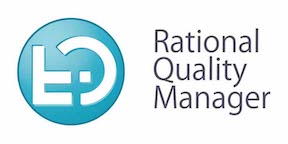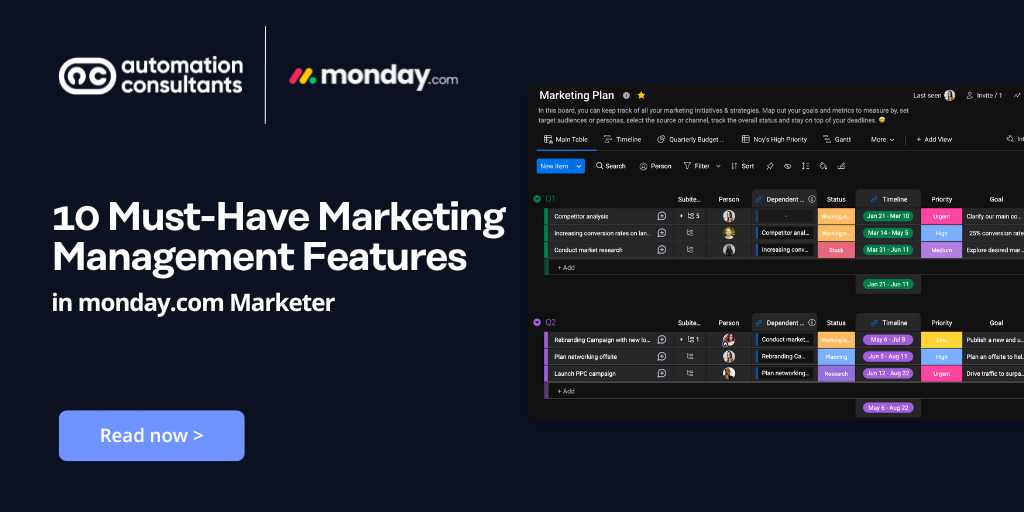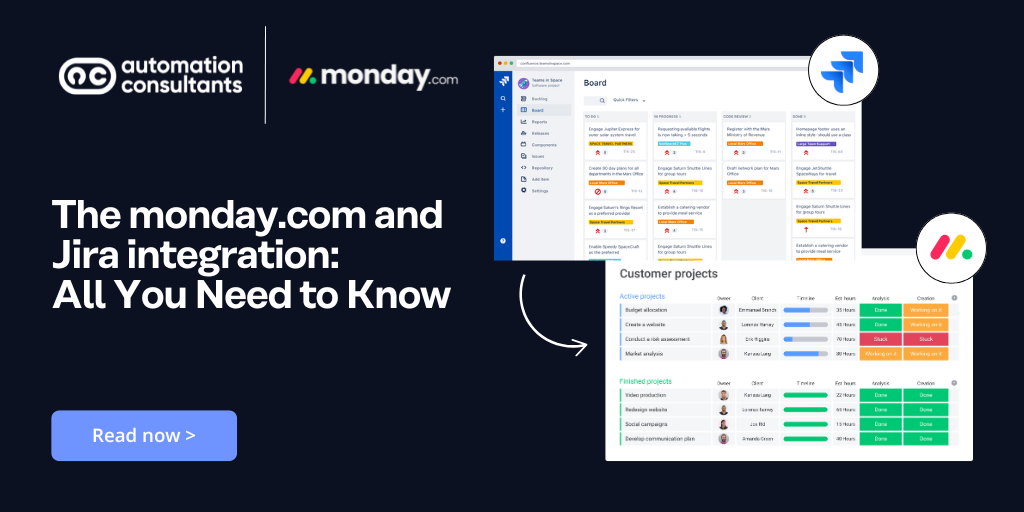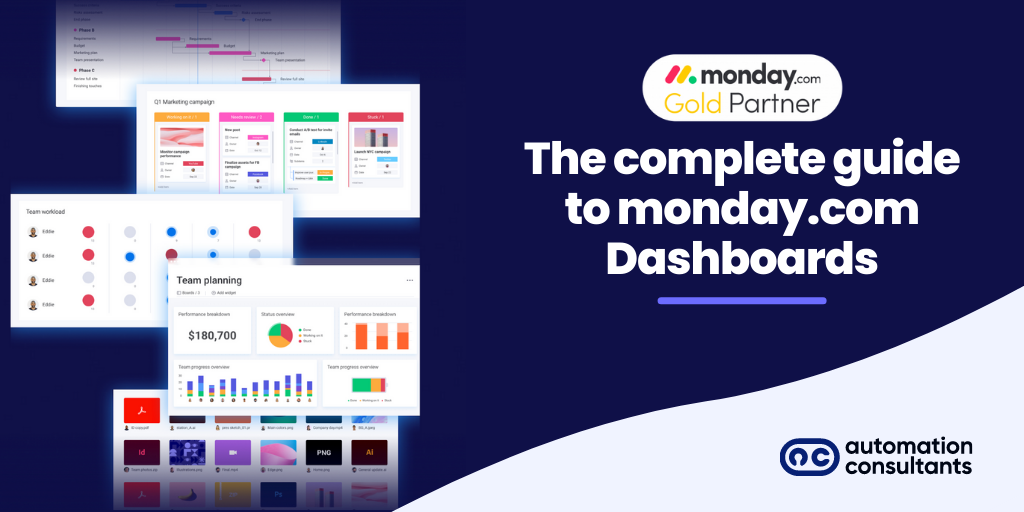What is RQM?
Rational Quality Manager is a test management tool which stores test cases, records test execution and results, maps testing onto requirements and tracks defects. RQM is a member of the CLM suite and integrates tightly with Rational Team Concert (RTC), Rational DOORS Next Generation (DNG) and other CLM products, so that tests can be traced to requirements stored in RRC and code elements stored in RTC. RQM also integrates with functional test automation tools such as Rational Functional Tester (RFT). Large collections of automated RFT tests can be run from RQM, and the results stored and managed in RQM, which can be effective in lowering the cost and increasing the speed of application development and delivery. Implementing IBM Rational Quality Manager collaboratively with other elements of the CLM suite can boost overall efficiency, reduce errors or defects, improve speed, and also increase employee satisfaction.
What RQM does
Like other test management tools, IBM Rational Quality Manager provides a central repository of test data, which users can access and update in real time. This is a major improvement on keeping test data in spreadsheets or word documents, as it eliminates the risks of the documents being lost, incorrect versions being used and multiple testers running the same tests, therefore improving overall efficiency. In RQM, tests are organised in test plans. RQM test plans identify the requirements to be tested, which then allows users to create the test cases corresponding to the requirements, and the test scripts (whether manual or automated) corresponding to each test case. As tests are executed, the test plan moves closer and closer to completion.
To execute a manual test, RQM presents each step of the test one at a time to the tester. The tester performs the step on the system being tested and enters whether the step passed or failed into RQM. In order to efficiently utilise the test management tool and execute an automated test, RQM invokes an automated test tool, such as RFT, and executes the desired automated script. When the automated test tool has finished executing the script, the result is passed back to RQM and RQM stores the result.
RQM then provides several standard reports which show the progress of testing to the test managers. Custom reports can also be made using CLM’s reporting modules, which our software lifecycle experts can advise on.
Rational Quality Manager Benefits
The main benefits of IBM Rational Quality Manager are as follows:
- RQM allows test teams to work together collaboratively, being overall more efficiently by storing test data in a central repository which all team members can see and update.
- RQM integrates with automated test tools such as RFT, Rational Robot and Micro Focus Unified Functional Testing (UFT). This allows many automated tests to be run and the results stored in RQM.
- RQM integrates tightly with RRC, which allows it to access a project’s requirements instantly, rather than having to go through an export/import process. It also allows easy traceability from tests back to requirements.
- RQM integrates tightly with RTC, allowing testing to be integrated into the management of the overall project, with appropriate allocation of time and resources. It also allows defects to be managed in RTC, which integrates the time needed for defect fixing into the project plan.
Features of Rational Quality Manager
IBM Rational Quality Manager includes the following features:
RQM is accessed from a browser via an organisation’s intranet or (using SSL) the internet.
Defects are managed by the designated defect provider application. RQM can be its own defect provider, but the solution is more powerful if the defect provider is RTC. Rational ClearQuest can also be used as the defect provider.
Roles and permissions: different users can be granted different permissions at both the level of the entire RQM application and also at the level of each project. This ensures that only the appropriate people may access and/or modify test data.
Test managers can specify the environment on which tests are to be run. This is known in RQM as managing lab resources.
Projects, called Lifecycle Projects, can be created which span RQM, RTC and RRC. In a lifecycle project, RTC is automatically designated as the defect provider.
Status information can be shown on a dashboard. RQM allows dashboards to be configured to show almost any information on the project.
RQM integrates with RFT and Rational Robot and also HP’s UFT automated functional test tools.
RQM integrates with Rational Performance Tester (RPT) so as to manage performance tests and store their results
Want to learn more about Rational Quality Manager, or other test management tools your business may benefit from? for more information.





